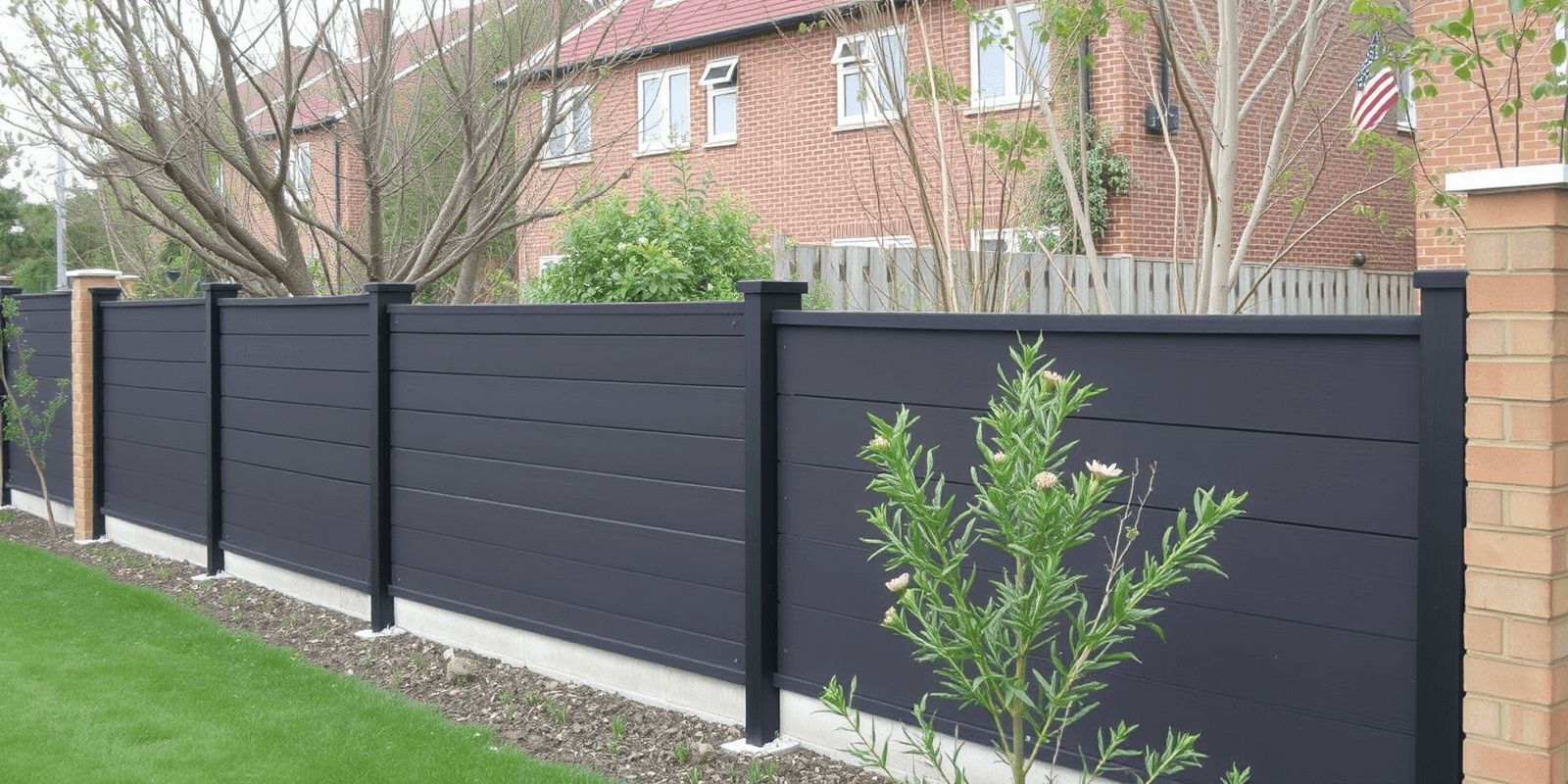Physical Address
304 North Cardinal St.
Dorchester Center, MA 02124
Physical Address
304 North Cardinal St.
Dorchester Center, MA 02124

Explore the benefits of modern composite fencing, including its durability, low maintenance, and eco-friendly properties, making it an ideal choice for homeowners seeking both privacy and beauty.
Modern composite fencing has emerged as a revolutionary solution for homeowners seeking to enhance both privacy and aesthetics. Unlike traditional wood or metal fences, composite fencing offers a blend of durability, low maintenance, and eco-friendliness. This innovative material is made from a combination of recycled wood fibers and plastic, resulting in a fence that is resistant to rot, insects, and weathering. As more people become aware of the benefits, modern composite fencing is becoming a popular choice for those looking to upgrade their outdoor spaces.
While the initial investment in composite fencing might be higher than traditional wood or metal fences, the long-term savings can be significant. Composite fences are more durable and require less frequent replacement, reducing overall costs over time. For instance, a homeowner in California reported saving thousands of dollars over the years by opting for a composite fence instead of replacing their wooden fence every few years due to wear and tear. According to a study published in the Journal of Materials in Civil Engineering, composite fencing can last up to three times longer than wood or metal fences, making it a cost-effective option in the long run (source).
Composite fencing requires minimal maintenance compared to wood or metal fences. Unlike wood, which needs regular painting or staining to prevent decay, composite fences do not require such treatments. Similarly, metal fences are prone to rust and corrosion, necessitating periodic repainting or replacement. A homeowner in Texas shared their experience with a composite fence, stating that they had not needed to do any maintenance work since its installation five years ago. This durability and low-maintenance nature make composite fencing an attractive option for busy homeowners or those living in harsh climates.
Another significant advantage of modern composite fencing is its environmental impact. The use of recycled materials reduces waste and conserves natural resources. Moreover, the production process of composite fencing emits fewer greenhouse gases compared to traditional wood or metal fencing. According to a report by the Environmental Protection Agency (EPA), the manufacturing of composite materials results in lower carbon footprints and contributes less to global warming (source). This makes composite fencing a sustainable choice for environmentally conscious homeowners.
To illustrate the benefits of modern composite fencing, consider the experiences of several homeowners across the United States. In Florida, a family installed a composite fence around their pool area, enhancing both privacy and aesthetics. The fence’s sleek design and resistance to saltwater corrosion have made it a perfect fit for their coastal environment. Another homeowner in Oregon opted for a composite fence after experiencing repeated issues with their wooden fence, including rot and termite damage. The new fence not only resolved these problems but also increased their property value, as reported in a survey conducted by the National Association of Realtors (source).
Modern composite fencing stands out as a superior alternative to traditional wood or metal fences, offering enhanced privacy, aesthetics, cost-effectiveness, low maintenance, and environmental sustainability. With numerous real-life examples demonstrating its benefits, it is clear that composite fencing is a smart investment for homeowners looking to improve their outdoor spaces while contributing positively to the environment. As awareness grows, we can expect to see even more widespread adoption of this innovative fencing solution.
Journal of Materials in Civil Engineering